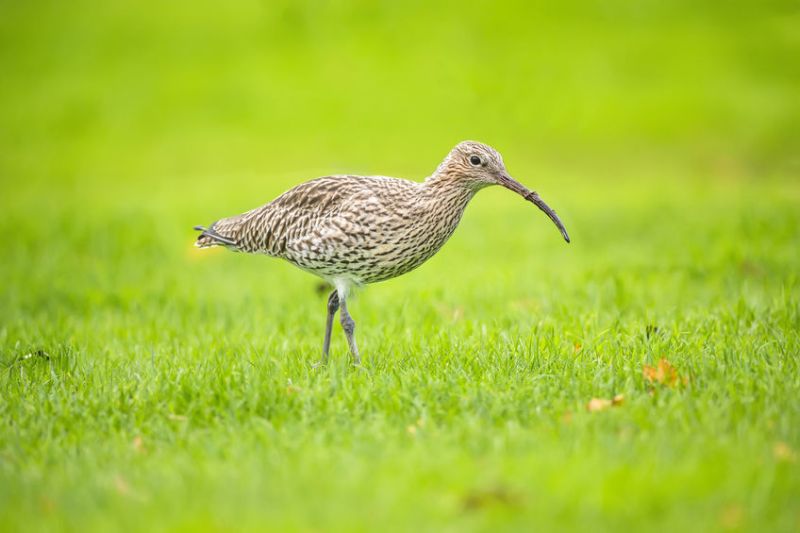
Farmers in the Upper Clyde Valley have been awarded £90,000 to expand local conservation efforts for wading birds.
The RSPB Scotland and Scottish Natural Heritage funding will be used to help farmers in the area improve farmland habitats for waders.
It will also help undertake monitoring to better understand how these threatened birds are faring across the Lanarkshire and Ayrshire uplands.
Globally, Scotland is a significant home for waders, but they are in steep decline with two thirds of curlews and half of lapwings lost since 1994.
A group of 17 South Lanarkshire and East Ayrshire farmers were initially part of the RSPB’s Clyde Valley Wader Initiative, working with SAC Consulting – part of Scotland's Rural College (SRUC).
The initiative helps direct agri-environment funding to farmers in wader hotspots.
The parties then worked with the Soil Association Scotland-led Rural Innovation Support Service (RISS) to continue and expand on the work.
Dan Brown, a senior conservation advisor at RSPB Scotland, said extensive farming systems, agri-environment schemes and predator management were the most important reasons for the birds nesting in the area.
He said: “Scotland is an important country for these species, and the agri-environment schemes have been a key delivery mechanism for their survival outside of nature reserves.
"But their breeding success is still too low, so we need to understand and quantify what works, to better target the schemes and future management.”
The funding will allow the group to collect data on stocking rates, grazing techniques and soil characteristics and how they interact with bird nesting, hatching and causes of nest loss.
In addition to the RSPB project, the farmers will carry out soil sampling, invertebrate counts and compaction testing over the summer.
